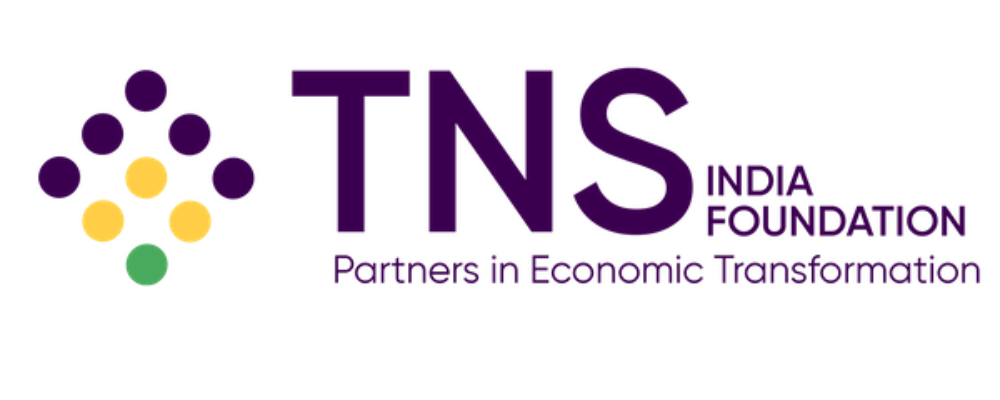Our Work
Democratizing Economic Opportunities
TNS India Foundation works with the under-resourced urban and rural communities to foster skill development and employability, promote sustainable local economic development, strengthen the agri-value chain with a special focus on women empowerment. TNSIF believes in creating shared value among all its stakeholders by executive demand driven, industry-relevant, sustainable solutions for socio- economic growth.
The urban interventions are primarily focused on marginalized and educated youth to help them transition from the low-paying and economically uncertain informal sector to the formal sector that financially empowers them through a steady flow of salaried income. Towards this, we work with youth from marginalized backgrounds to build enhanced domain knowledge in their respective learning pathways and work with them to get formal sector employment offers. We focus on enhancing skills and providing relevant industry-relevant vocational training to make youth employable.
The rural interventions on the other hand are primarily focused on the local economic development wherein TNS India Foundation enable smallholder farmers to grow high-value products, engage with private-sector companies, and sell to profitable markets, increase their incomes and in turn further catalyse economic and social development.
TNS India Foundation also provides business training and skills development opportunities to people in under-resourced communities in order to improve livelihood opportunities for them and entrepreneurship development intervention for women wherein TNS India Foundation integrates custom support for women to our programs to expand their capacity and opportunity for sustainable livelihoods.
Corporate Measurement Approach
Incremental Financial Benefits
We calculate incremental financial benefits or benefits quantified into monetary terms, which are created due to or are attributable to our interventions. The financial benefits (FB) indicator captures three types of financial benefits:
Revenue: The value of an increase in sales generated by the project
Cost: The absolute value of any reduction in costs generated by the project
Salaries/ Wages: Projects that have job creation as an explicit goal which we are directly influencing through the intervention can report the incremental salaries/ wages if it does not double count the incremental revenues.
For arriving at incremental benefits, wherever possible, we undertake counterfactual study for program attribution to the benefits thus calculated.
What Makes us Different
Participants
This includes all program participants who engaged in TNSIF interventions, irrespective of financial benefits. This showcases the total outreach of individuals in our programs for different stakeholder groups such as farmers, students, and women.
Beneficiaries
This includes all those program participants for whom intervention has resulted in financial benefits. In agricultural programs, all the farmers who benefited through increased revenues and/or reduced costs as a result of the intervention are beneficiaries, while in employability programs, all trained students who were placed in the corporate sector, are part of the beneficiary group.
Percent Women
TNSIF is committed to strong gender outcomes and therefore the percentage of women is calculated for both participants and beneficiaries in all programs. The programs also maintain gender disaggregated data for all interventions, wherever applicable.
Return On TNSIF Investment (ROTI)
This estimates the value of money invested in each program at TNSIF. This is calculated by dividing total financial benefits generated by a program across the life of the project with total spending through the life of the project.
What Makes us Different
Participants
This includes all program participants who engaged in TNSIF interventions, irrespective of financial benefits. This showcases the total outreach of individuals in our programs for different stakeholder groups such as farmers, students, and women.
Beneficiaries
This includes all those program participants for whom intervention has resulted in financial benefits. In agricultural programs, all the farmers who benefited through increased revenues and/or reduced costs as a result of the intervention are beneficiaries, while in employability programs, all trained students who were placed in the corporate sector, are part of the beneficiary group.
Percent Women
TNSIF is committed to strong gender outcomes and therefore the percentage of women is calculated for both participants and beneficiaries in all programs. The programs also maintain gender disaggregated data for all interventions, wherever applicable.
Return On TNSIF Investment (ROTI)
This estimates the value of money invested in each program at TNSIF. This is calculated by dividing total financial benefits generated by a program across the life of the project with total spending through the life of the project.
Our Impact
~
10000
Lives impacted
0
%
Women Benefited

